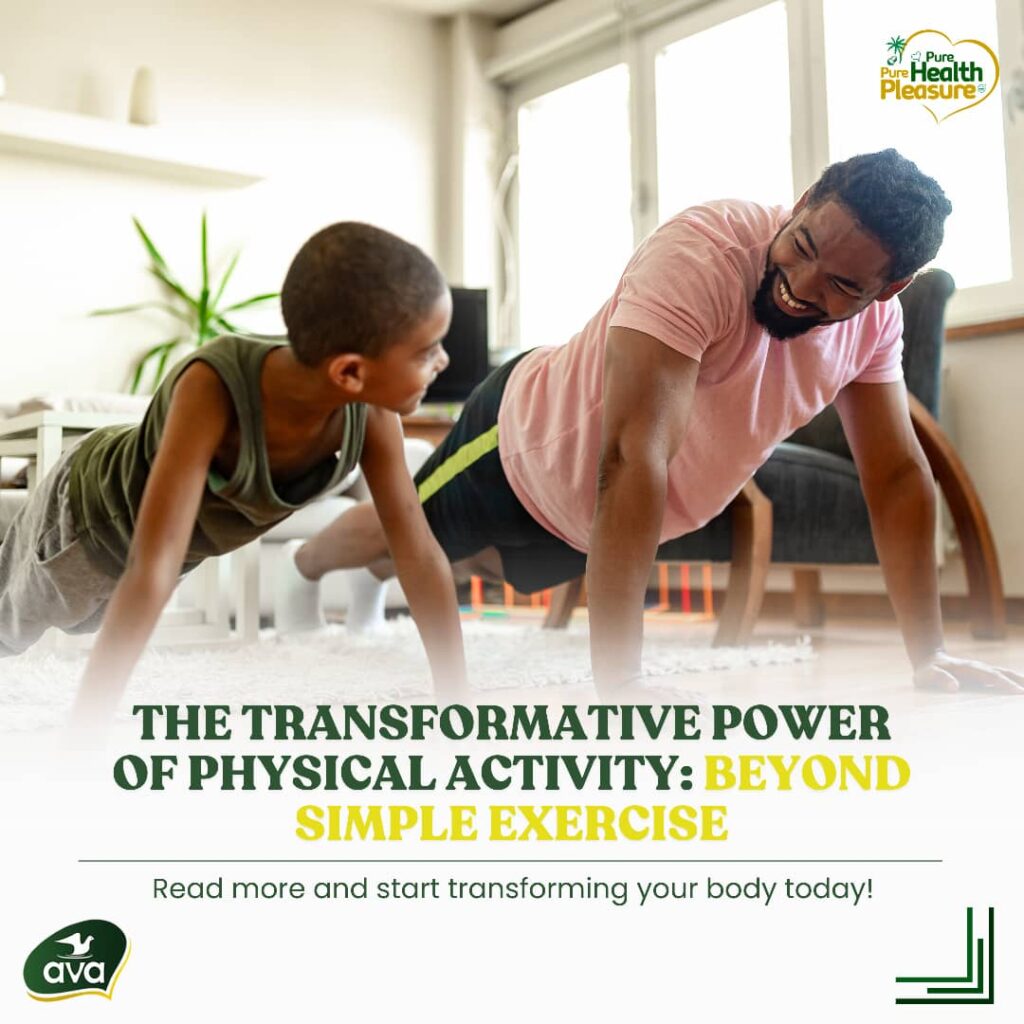Sports and exercise have emerged as key components in preserving physical and mental well-being in a world dominated by stress, sedentary lifestyles, and health issues. Far from being ordinary hobbies, they are effective tools that improve practically every area of health.
This article explores the importance of sports and exercise, highlighting their diverse impacts on physical health, mental clarity, and the overall quality of life. Key insights include how regular physical activity enhances well-being, sharpens focus, and promotes a healthier lifestyle.
- Physical Health Benefits
Participating in sports or getting regular exercise is one of the most effective strategies to maintain and improve physical health. Running, swimming, cycling, and team sports all improve cardiovascular health by strengthening the heart and increasing blood circulation. Regular exercise promotes good weight management, decreases blood pressure, and lowers the risk of chronic diseases such as diabetes, heart disease, and some malignancies.
Exercise also increases muscle strength and endurance. Weightlifting and resistance exercise increase bone density, which helps to avoid osteoporosis and bone injuries. Exercise also improves flexibility, coordination, and balance, which are increasingly crucial as we age, lowering the risk of falls and
fractures.
2. The state of mental and emotional health
Exercise and sports have significant positive effects on mental health. Endorphins, sometimes referred to as “feel-good” hormones, are released when you exercise and can help lower your levels of stress,
anxiety, and gloom. It has been proven that regular exercise helps patients with mild to moderate anxiety and depression feel better and have fewer symptoms.
Cognitive function can also be enhanced by exercise. Research indicates that physical activity improves problem-solving skills, creativity, memory, and focus. In the fast-paced world of today, where mental clarity is crucial, this is especially pertinent. Furthermore, engaging in exercise or sports can boost self- esteem and confidence, especially in younger individuals, as they accomplish fitness goals or improve their skills.
3. Establishing a Regular Schedule
The secret to enjoying the advantages of exercise is consistency. The secret for novices is to begin small and work your way up to a sustainable and pleasurable routine. It will be simpler to maintain motivation if you find something you truly enjoy doing, such as dance, swimming, hiking, or sports.
Combining strength training, flexibility training, aerobic exercise, and balancing exercises guarantees a well-rounded regimen that targets several facets of physical fitness.
4. Social Benefits and Community Building
Participating in team sports or group exercises promotes a sense of community and belonging. This social connection is essential for mental and emotional wellness since it serves as a support system and network of shared experiences. Sports can help children and teenagers form friendships, practice collaboration, and develop social skills.
Even adults can benefit from participating in sports or joining a fitness class to increase their social involvement and build new relationships. These social relationships not only make exercise more fun, but they also increase commitment to fitness regimens. Many people find it simpler to stay motivated when they exercise with a team or partner.
5. Long-term Quality of Life.
Sports and exercise provide long-term benefits, contributing to a healthier, more active life as we age. Individuals who exercise regularly tend to have a slower rate of physical deterioration, allowing them to enjoy daily activities with less effort and pain. According to research, seniors who are physically active are less likely to develop dementia and other age-related cognitive losses.
Furthermore, regular physical activity can enhance sleep quality, lower the risk of falling, and boost
energy levels. In essence, exercise improves people’s quality of life by helping them stay independent, self-sufficient, and mentally bright as they age.
Conclusion
Sports and exercise are essential components of a healthy, balanced life. They bring numerous physical benefits, enhance mental health, foster social connections, and improve quality of life, especially as we age. Embracing a lifestyle that includes regular physical activity and prioritizing exercise is one of the most impactful choices we can make for our health and happiness

